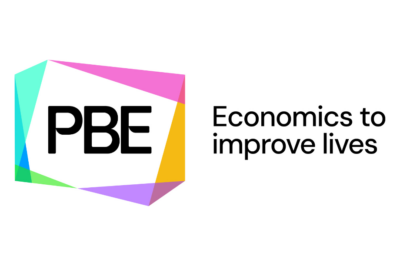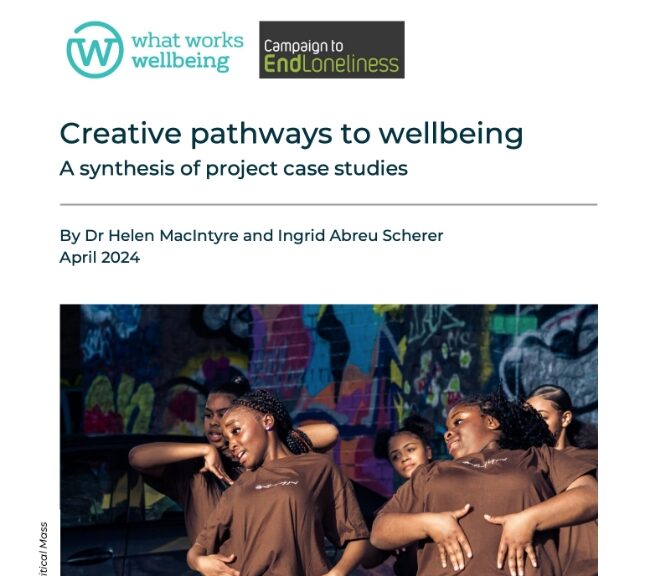To ensure that Spirit’s learning and evidence can continues to inspire meaningful change after Spirit has ended, we have partnered with three Legacy Learning Partners.

PBE


We partnered with PBE (formerly Pro Bono Economics) explore and build on our wellbeing evidence. PBE analysed the wellbeing data of three Spirit of 2012 grantees to carry out a cost-effectiveness analysis. Following their findings, our funding supported the first phase of a project to better understand the wellbeing of people with learning disabilities.
Sign up to PBE’s newsletter to stay up to date on these projects and to learn about future opportunities to get involved.
Measuring what matters
PBE use economic analysis to help charities, funders and policymakers that work to improve the lives of people with low wellbeing to better measure, understand and articulate their impact.
Throughout our grant funding, Spirit of 2012 grantees used the ONS4 subjective wellbeing measure to evaluate the wellbeing benefits of their work. PBE has used this existing evidence to apply wellbeing cost-effectiveness methodology to three former Spirit of 2012 grants:
- EmpowHER (UK Youth, the British Red Cross and Young Women’s Trust)
- City to Sea (Laureus Sport for Good and The Wave Project)
- Get Out Get Active (Activity Alliance)

Their analysis can be found in their report Helping Funders To Measure What Matters.
They found that:
- EmpowHER delivered around £5 in wellbeing benefits for every £1 spent
- Get Out Get Active (GOGA) delivered around £3.60 in wellbeing benefits per £1 spent
- City to Sea delivered an improvement in wellbeing and that only a small proportion would need to be due to the programme for the benefits to outweigh its cost.
The report argues :
- Funders can help grantees to overcome barriers to wellbeing evaluation by getting buy-in from grant holders and supporting their implementation.
- There are significant benefits to identifying matched comparison groups: Changes in wellbeing need to be understood in the wider context. External circumstances (like the Covid-19 pandemic) affected many project’s chances of improving wellbeing. In these cases, maintaining a starting level of wellbeing for participants and preventing dips in wellbeing should be measured and valued.
- Funders should facilitate access to the right expertise to support charities with impact measurement: While the ONS4 subjective wellbeing data is generally simple to collect, analysing the results may require technical expertise which many charities don’t have.
- We need to develop standardised measures to capture subjective wellbeing data from people with learning disabilities and neurodivergence: The ONS4 questions are not accessible for some people, including those with severe learning disabilities and neurodivergence. Understanding the potential impact of activities requires accessible and meaningful measures.
Download the checklist for when and how to measure wellbeing
Understanding the wellbeing of people with learning disabilities
To address this final challenge Spirit of 2012 and PBE established a project to understand and improve how wellbeing is understood and measured for people with learning disabilities in a new call for evidence.
This included a call for evidence, interviews with charities and evaluators, and working with people with lived experience to share best practice and test better tools for understanding their wellbeing.

What Works Centre for Wellbeing
Alongside PBE’s quantitative approach, the What Works Centre for Wellbeing brought together qualitative evidence from ten creative project to draw out ‘how’ and ‘why’ activities support wellbeing, using case study synthesis methodology. Together these reports identify the strengths of our evidence-led approach as funder on both qualitative and quantitative data collection. They set out highly replicable methodologies for proportionate evaluation that can and should be used for many years after we have closed.
